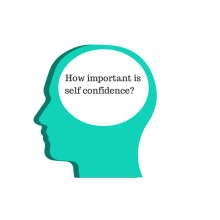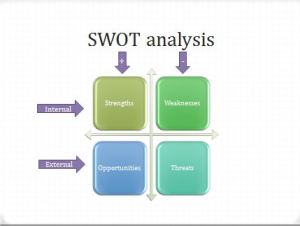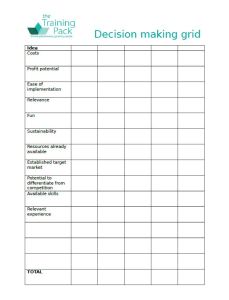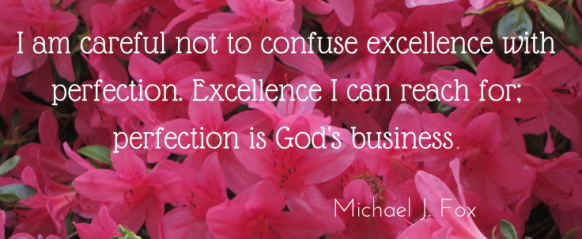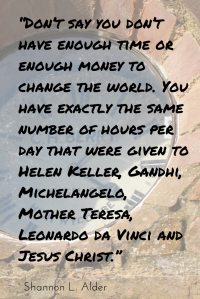‘I don’t know how’ is an excuse I’ve heard rather too frequently in the last week or two. My answer is invariably the same, you can learn! Whether it’s how to use social media, how to prepare budgets or how to develop a business, we can learn. There is very little we can’t learn if we have a mind to do so. Some things will come more easily than others but sometimes the things that are hardest are ultimately the most rewarding.
Learning stretches our minds, opens up new possibilities and extends our comfort zones and with it comes even greater opportunities for success. I don’t think there have ever been more ways to learn than there are now. We can learn any time or any place without it costing a fortune. But for many people learning is associated with negative experiences from their school days. How often did you question why you were learning something? How often were you gazing out of the window when you should have been listening? It could be that your negative experience was borne out of teaching which didn’t address your learning preferences (teaching has moved on a long way since my school days) so please don’t let previous experience stop you learning now. We’re never too old to learn!
Finding your learning preference
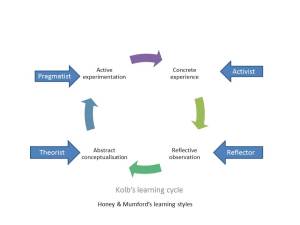
Learning is a constant process.
Some years ago Peter Honey and Alan Mumford did some research into learning styles and identified four preferences: Activist, Reflector, Theorist and Pragmatist, these styles tie in with the learning cycle described by David Kolb. If this is new to you the following should help you to decide how you learn best.
The Activist: likes to learn by just doing. Activists don’t worry too much about making mistakes, they see that as being the best way to learn. An activist will be bored by too much explanation or theory so if that’s you you are likely to dive in and only look for help if things go wrong. You might read the book or watch the video if you have been disappointed by your results or perhaps you might be encouraged and think that you could make your outcomes even better if you understood more.
The Reflector: prefers to think first and act later. The reflector would like to be shown how to do something, to have an explanation or a demonstration. They want to be able to ask questions and to take their time so should not be hurried. You might find some help on You Tube or blogs like this one may set you thinking.
The Theorist: likes to understand the concepts and apply the theories before taking on something new. You might like to start with a book, a training course or a documentary style TV programme.You want to weigh up your options before you take action.
The Pragmatist: also likes to learn by doing but isn’t so brave or perhaps fool hardy as the activist. So a pragmatist likes to try things out in a safe environment before doing it for real. If you are a pragmatist you might favour classroom learning so long as you can see the relevance between your learning and a task you have to perform.
So how does this tie in with the learning cycle?
Kolb found that true learning is a circular process that involves concrete experience, reflection, understanding concepts and experimentation. In effect these are the four learning styles identified by Honey and Mumford but what Kolb found was that we have to apply all four in turn for learning to be effective. So the activist needs to stop and think after trying something new. What worked? What could have been better? The activist might then be ready for some new ideas or concepts which they will test before ‘going for it’ again.
The reflector will prefer to join the cycle at the ‘reflective observation’ stage moving on to the concepts and theories then the safe experimenting before doing it for real. The theorist will start with the concepts, experiment with the ideas, then try for real before thinking about what they’ve learned and how it could be better. The pragmatist will start with the ‘dress rehearsal’ before having a go, reflecting and then applying concepts.
What are your learning options?
Read! Read books (on paper or digitally), magazines, articles or blogs. If you are an activist or pragmatist find books with activities you can try out. Read a few pages at a time and then take some action.
Watch and listen. Watch videos, TV programmes, listen to podcasts and the radio. Tune in to webinars (online training).
Attend courses online or physically. Join an evening class or part time programme.
If money is a problem there are lots of free opportunities online or off. A word of warning though most free stuff is a taster for a sold programme so be prepared for the sales pitch. If someone invites you for a day’s free training you may well learn something useful but they will want to upsell you on to an expensive programme so leave your credit cards behind.
I don’t want to hear ‘I don’t know how’ as an excuse for anything unless it is accompanied by ‘but I’m going to learn.’
If you would like to improve the results in your small business I would like to invite you to ‘Focus for Results’ a four week online personalised and interactive learning programme which I am delivering with Peter Newton of The Business Conductor. To find out more please visit www.thebusinessconductor.co.uk. We start on June 2nd and the four sessions are followed by a one to one coaching session with either Peter or me. You’ll finish the programme with a full year’s marketing plan tailored to your business goals.

